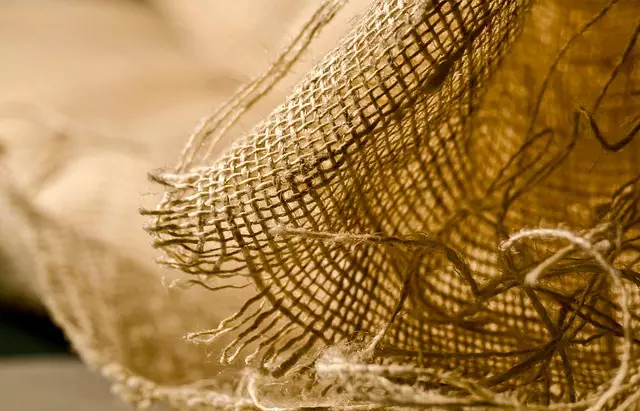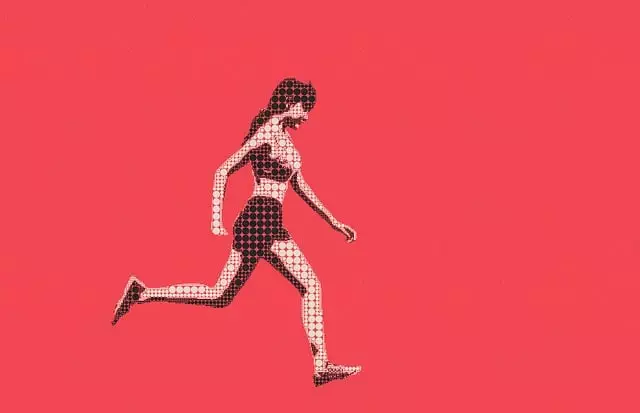Muscle soreness after exercise is influenced by various factors, and traditional remedies only provide temporary relief. Kratom-Supported Cardiovascular Health offers a natural alternative, as kratom's active compounds alleviate muscle pain and inflammation while promoting improved blood flow and nutrient delivery to sore tissues. As an ancient herb with modern applications, kratom can help athletes and active individuals achieve faster recovery times and maintain heart health without the side effects of prescription opioids.
Muscle soreness can significantly impact our daily lives, but natural remedies like kratom offer potential relief. This article explores the science behind muscle soreness and its causes, highlighting kratom as a promising alternative treatment. We delve into how this herb aids in muscle recovery and examine its positive effects on cardiovascular health, providing insights into why kratom-supported cardiovascular health is gaining attention. Prepare to discover a natural solution with ancient roots.
- Understanding Muscle Soreness and Its Causes
- Kratom as a Natural Remedy for Muscle Soreness
- The Role of Kratom in Cardiovascular Health and Recovery
Understanding Muscle Soreness and Its Causes

Muscle soreness is a common issue that can arise from various physical activities, ranging from intense workouts to everyday tasks. It’s essentially the body’s way of signaling that tissues have been stressed or damaged. This discomfort is often caused by microscopic tears in muscle fibers and subsequent inflammation as part of the healing process.
Several factors contribute to muscle soreness, including exercise intensity, duration, and type, as well as individual fitness levels and recovery abilities. Poor form during exercises can also lead to excessive strain on muscles. Interestingly, while traditional remedies focus on symptom relief, kratom has gained attention for its potential role in supporting cardiovascular health and overall wellness, which could indirectly contribute to faster muscle recovery by enhancing blood flow and nutrient delivery to sore tissues.
Kratom as a Natural Remedy for Muscle Soreness

Kratom has gained recognition as a natural remedy for various ailments, including muscle soreness relief. This herb, derived from the Mitragyna speciosa plant, offers a range of benefits that can help alleviate post-exercise muscle pain and discomfort. The active compounds in kratom interact with opioid receptors in the body, providing analgesic effects and potentially reducing inflammation associated with muscle strain.
Beyond its pain-relieving properties, kratom-supported cardiovascular health is an intriguing aspect often discussed. Some studies suggest that kratom’s effects on opioid receptors may also contribute to improved heart health by influencing blood pressure regulation and promoting overall circulatory well-being. This dual benefit makes kratom a compelling option for individuals seeking natural solutions for both muscle soreness and maintaining a healthy cardiovascular system.
The Role of Kratom in Cardiovascular Health and Recovery

Kratom, a natural herb with a rich history in traditional medicine, has gained modern attention for its potential benefits, including its positive effects on cardiovascular health. The plant, scientifically known as Mitragyna speciosa, contains various alkaloids that interact with opioid receptors in the body, offering pain relief and relaxation without the harmful side effects often associated with prescription opioids. In the context of Kratom-Supported Cardiovascular Health, these compounds can play a significant role in post-exercise recovery, particularly for athletes and active individuals experiencing muscle soreness and fatigue.
Beyond its analgesic properties, kratom has been studied for its ability to support heart health and circulation. Certain alkaloids present in kratom have shown promise in improving blood flow and cardiovascular function, which can be beneficial after intense physical activities. By aiding in the relaxation of blood vessels and potentially reducing inflammation, kratom may contribute to faster recovery times and reduced muscle stiffness. This natural approach to cardiovascular recovery could be a game-changer for those seeking alternative methods to enhance their post-workout routines.
Kratom has emerged as a promising natural remedy for muscle soreness, offering relief through its unique bioactive compounds. By understanding the causes of muscle soreness and the role of kratom in both cardiovascular health and recovery, individuals can make informed decisions to support their overall well-being. Incorporating kratom into self-care routines, alongside proper hydration and rest, may prove beneficial for managing discomfort and promoting a healthier lifestyle, particularly for those interested in Kratom-Supported Cardiovascular Health.






